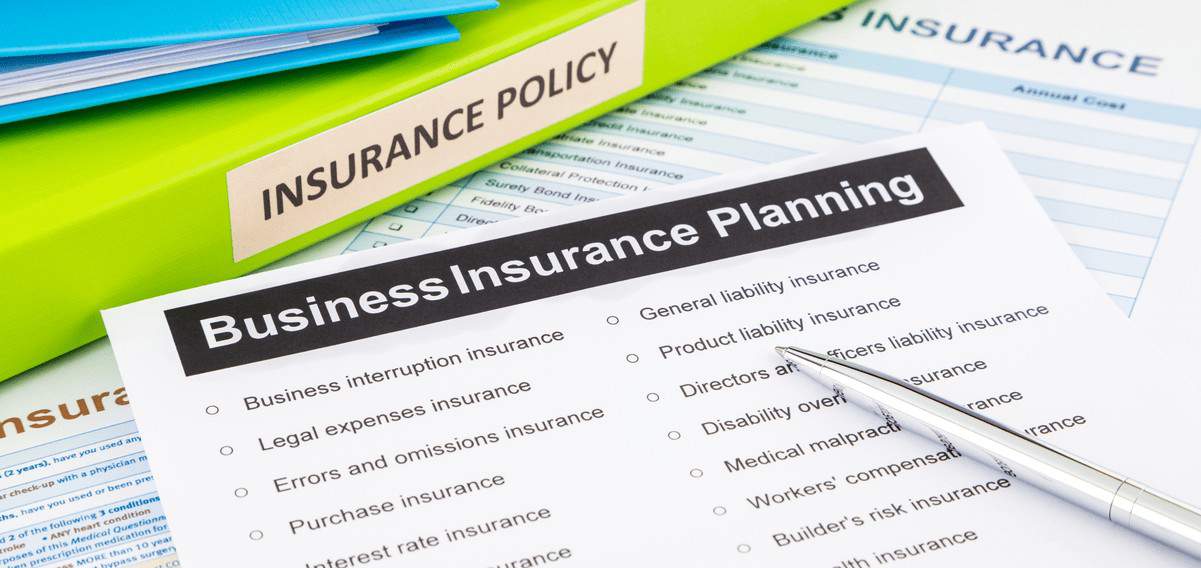Risks Small Businesses Face and How to Avoid Them
Running a small business comes with a lot of liability, no matter what industry you work in. Even the most optimistic entrepreneur should be prepared for worst-case scenarios. A survey by The Wall Street Journal found that nearly 25% of businesses never recover following an unforeseen event. To avoid being a part of that unfortunate statistic, it’s important to understand what you’re up against. Once you fully understand the risks small businesses face you can create a comprehensive action plan to keep things running smoothly.
#1 External Risks
This is a broad category of liability that includes factors you have no control over. This could include anything from natural disasters, like hurricanes, earthquakes, and floods, to economic instability, civil unrest, and break-ins. These risks pose a significant threat to small businesses and can force your operations to a halt, causing significant financial damage.
The Solution
Even though you can’t control external risk factors, you can still have a plan in place to minimize the cost of damage, ensuring your operations can continue. From the start, every business should have commercial insurance in place to help mitigate external risks. Here are some basic policies you should know about:
- General Liability: This policy is designed to protect your business against bodily injury or property damages. For example, if a client were to slip and fall on your property, this policy can pay for the medical and legal fees.
- Commercial Property: This will protect the physical assets of your business in the event they’re damaged in a fire or accident.
- Pro tip: you can combine General Liability and Commercial Property coverage in a policy known as a Business Owner’s Policy (BOP). This might be able to help you save money, as opposed to purchasing two separate policies.
- Business Interruption: A natural disaster could force you to shut your doors for months, but Business Interruption insurance covers your lost revenue during the recovery period. This can go a long way in helping your business reopen.
#2 Internal Risks
Small businesses also face internal risk, mainly in the form of lawsuits or injuries from employees and clients. As your business grows, so will your staff. But this also increases employee-related liability. At some point, you may have a disgruntled employee who feels they’ve been discriminated against or treated unfairly, which could result in costly lawsuits.
In addition, if you provide professional services to your clients they might find themselves dissatisfied with your work. Unhappy clients are never good for business; it will hurt your bottom line and your reputation.
The Solution
Since many internal risks are HR-related, it’s important to have comprehensive guidelines in place so that everyone in the organization understands the company’s standards and the consequences of breaking the rules. Make sure you have a comprehensive HR handbook so that everyone from senior management down to your entry-level workers understands that there is a zero-tolerance policy for harassment and discrimination.
Despite your best efforts, you might still find yourself facing a lawsuit from unhappy employees. This is why it’s vital to carry Employee Practices Liability insurance (EPLI). This policy will cover your business against claims of harassment, discrimination, wrongful termination, retaliation, and breach of contract.
To protect your business from client-related liability, consider Professional Liability insurance. This policy covers legal and settlement fees associated with lawsuits you might face from your clients if they’re dissatisfied with your services.
#3 Data Risks
Cybercrime is constantly in the headlines, and hackers are getting more sophisticated by the day. Many small business owners become complacent with their cybersecurity measures, believing that their business won’t be a target. However, the reality is that if you handle any information online, like credit card numbers, addresses, or social security information, you’re at risk of a data breach. A report by Hiscox found that small businesses actually face a greater financial impact from data breaches than large companies.
The Solution
The best defense against cyberattacks is to prevent them from happening in the first place. There are some simple steps you can take to make it more difficult for hackers to access your system:
- Change your passwords regularly and don’t share common logins.
- Use two-factor authentication for your email and messaging platforms
- Have a backup hard drive for important documents
Part of your plan should also include purchasing Cyber Liability insurance. This policy can cover the loss of digital assets, interruption expenses, and customer notification fees. It’s important to note that your other commercial insurance policies will not be able to cover incidents related to cyberattacks.
#4 Damage to Reputation
Your business’ reputation is one of your most valuable assets. Failure to maintain a good reputation will cost you current and future customers. The average shopper will read 10 reviews about your company before making a buying decision. If all they’re finding are negative reviews, you can be sure they’ll go to your competitors instead. And, it’s not just customer service you need to be worried about. The quality of your products is also a key component of your company’s reputation. Thousands of products are recalled every year due to defects that could be harmful to consumers. Just one product recall could leave consumers wary about your business and they’ll likely turn elsewhere.
The Solutions
In order to ensure your customers have a positive experience, make sure you’re actively managing your online reviews. Always respond to customer feedback, whether it’s good or bad, professionally and in a timely manner.
If you work with third-party suppliers or manufacturers, you might not always have complete control over the quality of your products. Mistakes happen, and some products may have defects that can lead to recalls.
A product recall can certainly damage your reputation, but you can mitigate this liability with Product Recall insurance. This policy can cover claims associated with contamination, tampering, and crisis management costs related to defective products.
If your company does suffer a product recall, this policy can go a long way restoring customer trust and getting your operations up and running again.
Final Thoughts
Starting and running a company is inherently risky. Between accidents, property damage, injuries, and lawsuits, there’s a lot for small business owners to worry about. But there’s no need to lose sleep over it. With a comprehensive action plan, businesses can be proactive about protecting all their hard-earned work.
*This article has been prepared for informational purposes only, and is not intended to provide, and should not be relied on for, tax, legal or accounting advice. You should consult your own tax, legal and accounting advisors before engaging in any financial transaction.
DISCLAIMER: This content is for informational purposes only. OnDeck and its affiliates do not provide financial, legal, tax or accounting advice.



